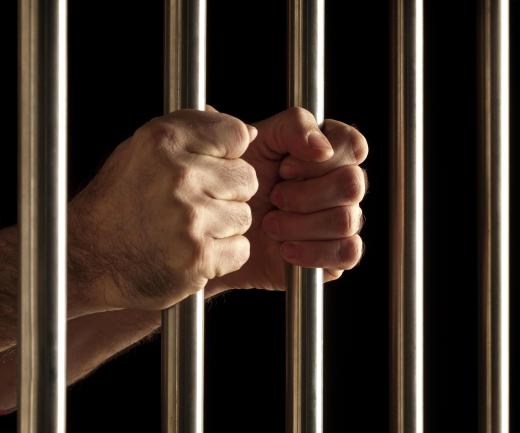Most countries, and most regions or states within those countries, have different laws that apply to supervised probation. In broad terms, however, it refers to a condition of release or exemption from jail time. The offender may have been found guilty or have entered a plea of guilty, but instead of being punished by jail, they are put on probation. Supervised probation means that the offender must report on a regular basis to an officer of the police department or court.
Supervised probation is typically monitored by probation officers. In addition to monitoring the whereabouts of the person on probation, the officers are often trained to evaluate the behavior of the offender. Part of their job is to try to notice signals that may indicate the offender is having problems adjusting to their probation. In some cases, the probation officer can make a determination on whether or not probation should be revoked.

People who are on supervised probation may be under many restrictions. Abiding by the restrictions is typically a condition of their probation. If they violate the conditions, they generally must go to jail to serve out the remainder of their sentence.
The conditions that could apply to supervised probation are often related to the crime that has been committed. For instance, someone who has repeatedly written bad checks may be prohibited from opening a checking account. Child molesters are often not allowed to live anywhere near places where children congregate. Offenders on probation for crimes relating to alcohol or drugs are often required to submit to random drug testing.

Some lawbreakers who are under supervised probation are required to wear monitoring devices that are usually worn around the wrist or ankle. Commonly referred to as "ankle bracelets," these devices can be monitored by satellite, and they give law enforcement minute-by-minute reporting on where the offender is. They are most often used in situations where the offender is under what is referred to as "house arrest." In these cases, the person may be sent to their homes instead of jail, but are not allowed to go more than a few hundred feet beyond their residence. This type of probation is generally reserved for non-violent offenders.
The duration of supervised probation generally depends on the crime committed and the behavior of the offender while under probation. The supervising probation officer typically has the power to shorten or lengthen the probationary period. Good behavior and ease of adjustment will sometimes result in a shorter probationary period.
